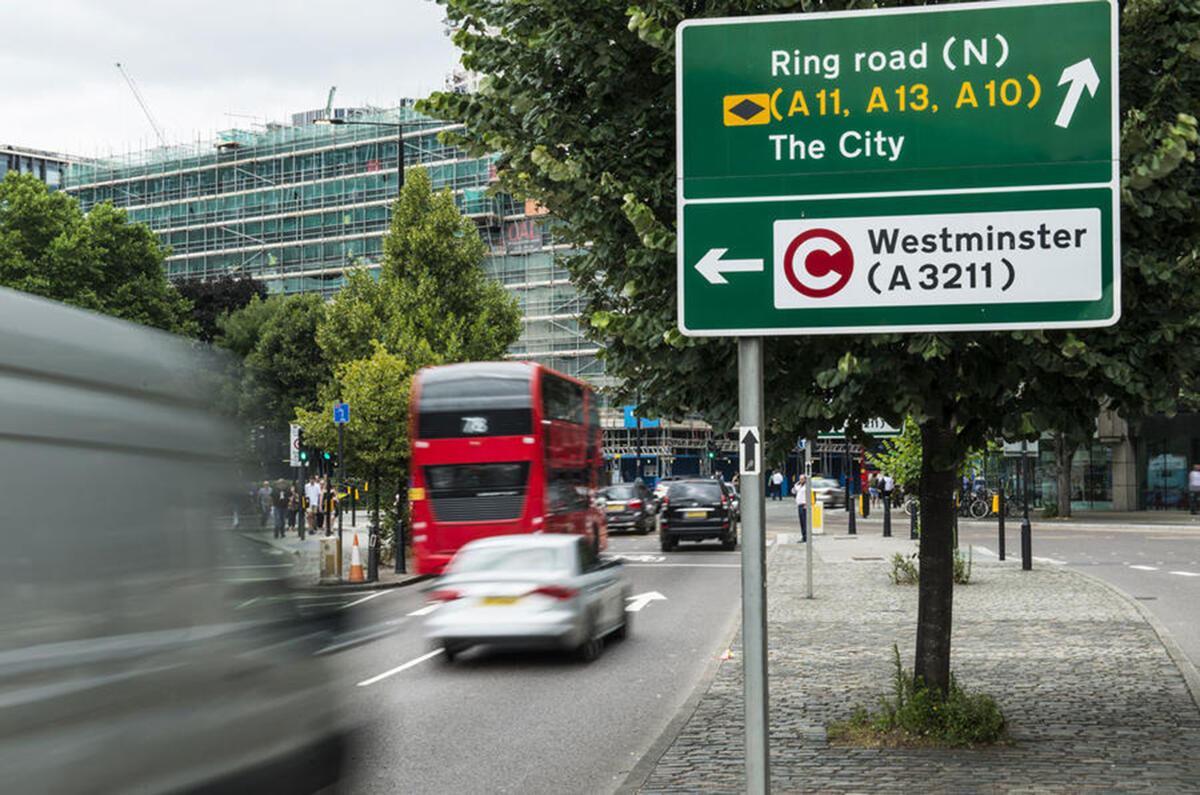I have been writing about the lethal impacts of poor air quality for a decade, so I am not going to mince my words.
I did a little dance when chancellor Phillip Hammond said that £400 million would be invested in electric vehicle infrastructure, alongside an extra £100m for the plug-in car grant and £40m for research into charging.
Charging a vehicle at work will also not be considered as a benefit-in-kind.
Autumn budget: diesel tax hike confirmed
I was even more pleased to see that the Government is reversing its longstanding support for diesel cars and vans. The first year’s excise duty will go up by one band and company car tax will increase by 1% for diesels, except for those which meet the most modern emission standard.
The cash will go towards a £220m fund for implementing much-needed local air quality measures.
But my hope that tax would be going up on diesel – as had been rumoured – were dashed.
Opinion: the Government is wrong to penalise diesel drivers
Nevertheless, the budget of November 22 represents one of the first steps towards righting a historic wrong in backing diesel over petrol in the first place. In the days of New Labour, it was thought that the slightly lower CO2 emissions offered by diesel cars warranted support, while the tightening Euro emissions standards would deal with the pollution they left behind.
Both assumptions were dreadfully mistaken.
The notion that diesel is inherently better on climate change is old-fashioned at best. The reason is that the black carbon it puts out is a powerful ‘short-term climate forcer’, negating its CO2 benefits.
There is now little difference between the amount of CO2 emitted from modern petrol and diesel cars, anyway. And with Mazda putting a petrol compression ignition engine into production, the historic situation may now be reversed.





Join the debate
Add your comment
Dirty diesel.
Yes diesels are dirty nasty things and we should never have been allowed to use the stuff in cars.
The government convinced everyone it was clean but even in the southern hemisphere they was campaigning for a ban on the use of oil burning cars because of cancer risk.
But the UK government never listened they wanted the tax from the users of diesels and now the bubble has burst and it will cost the tax payer millions on the nhs for cancer treatment.
Why has the UK never been encouraged to use LPG in cars? Cheaper cleaner and just like a petrol car to drive.
The biggest problem with most people who buy a diesel car is they drive them like a petrol car which only cloggs the egr valve and the cat.
Those tied into PCP/HP Deals/Contracts, etc
AddyT, my commuting mileage has dropped from 100+ day to a mere 8 a day in the last year, as I managed to get a contract close to home. I had 'bought' a Mazda 6 diesel via a PCP deal to cover the miles I was doing back in 2015, but now feel it is the wrong car for my short journey (I cycled during the summer). I have read through the Ts&Cs of my deal and found I can hand the car back with nothing more to pay, once I have paid a certain amount off (usually 50% of the amount due in finance). For me, this means I'll be handing it back to the finance company a few days into the new year. Now this may not work for you as obviously, that leaves you without a car, or any thing to use in a new deal, but it may be an option to consider. I'm looking at a plug in hybrid as a replacemement, but can't really afford one at the mo, so I will be using the hybrid buses that run past my house to work until I've saved up enough for a deposit on a PHEV (hoping for a Mazda 6 derivative...).
Paddington
I remember standing on Paddington station in 2005 carrying out an audit of an operation that was underway. It was in the morning and the diesel locomotives were warming up for their run to the south west. I asked one of the station employees, after coughing and suffering a burning throat, how the station could possibly pass clean air testing with all the diesel fumes in the air. He laughed and told me that when the inspectors come, they don't run the engines, hence they pass the test. It seems that cheating emissions testing has being going on for some time................